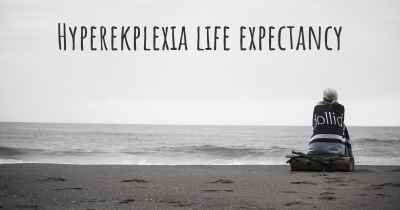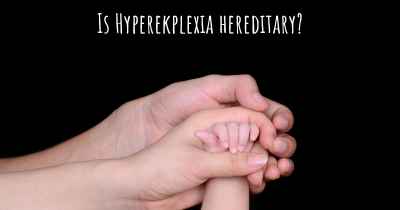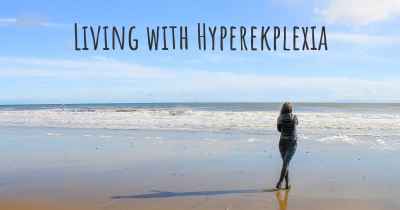Is it advisable to do exercise when affected by Hyperekplexia? Which activities would you suggest and how intense should they be?
See if it is advisable for people with Hyperekplexia to practice sports and which ones are the most recommended if you have Hyperekplexia

Hyperekplexia, also known as startle disease, is a rare neurological disorder characterized by an exaggerated startle response. This condition can cause sudden and excessive muscle stiffness or contraction in response to unexpected stimuli, such as loud noises or sudden movements.
When it comes to exercise and physical activity for individuals affected by Hyperekplexia, it is important to approach it with caution and consult with a healthcare professional. While exercise can have numerous benefits for overall health and well-being, it is crucial to consider the potential risks and limitations associated with this condition.
Low-impact exercises that focus on flexibility, balance, and coordination can be beneficial for individuals with Hyperekplexia. These activities help improve muscle control and reduce the risk of injury. Some suitable exercises may include:
- Yoga: Yoga combines gentle movements, stretching, and breathing exercises, promoting relaxation and flexibility.
- Tai Chi: This ancient Chinese martial art emphasizes slow, flowing movements and deep breathing, enhancing balance and coordination.
- Pilates: Pilates focuses on core strength, stability, and flexibility through controlled movements and proper breathing techniques.
- Swimming: Swimming is a low-impact exercise that provides resistance and supports the body, making it an excellent choice for individuals with muscle stiffness or spasms.
It is important to note that the intensity of exercise should be individualized and tailored to each person's abilities and limitations. It is recommended to start with gentle exercises and gradually increase the intensity as tolerated. Listening to the body and avoiding overexertion is crucial to prevent triggering excessive startle responses or muscle contractions.
Additionally, incorporating relaxation techniques such as deep breathing exercises, meditation, or mindfulness can help manage stress and promote overall well-being. These techniques can be practiced alongside physical activities or as standalone practices.
Remember, it is essential to consult with a healthcare professional, such as a neurologist or physical therapist, who can provide personalized guidance and recommendations based on an individual's specific condition and needs. They can assess the severity of Hyperekplexia and provide appropriate exercise guidelines to ensure safety and maximize benefits.
Posted Feb 27, 2017 by Kymberlee 1000








